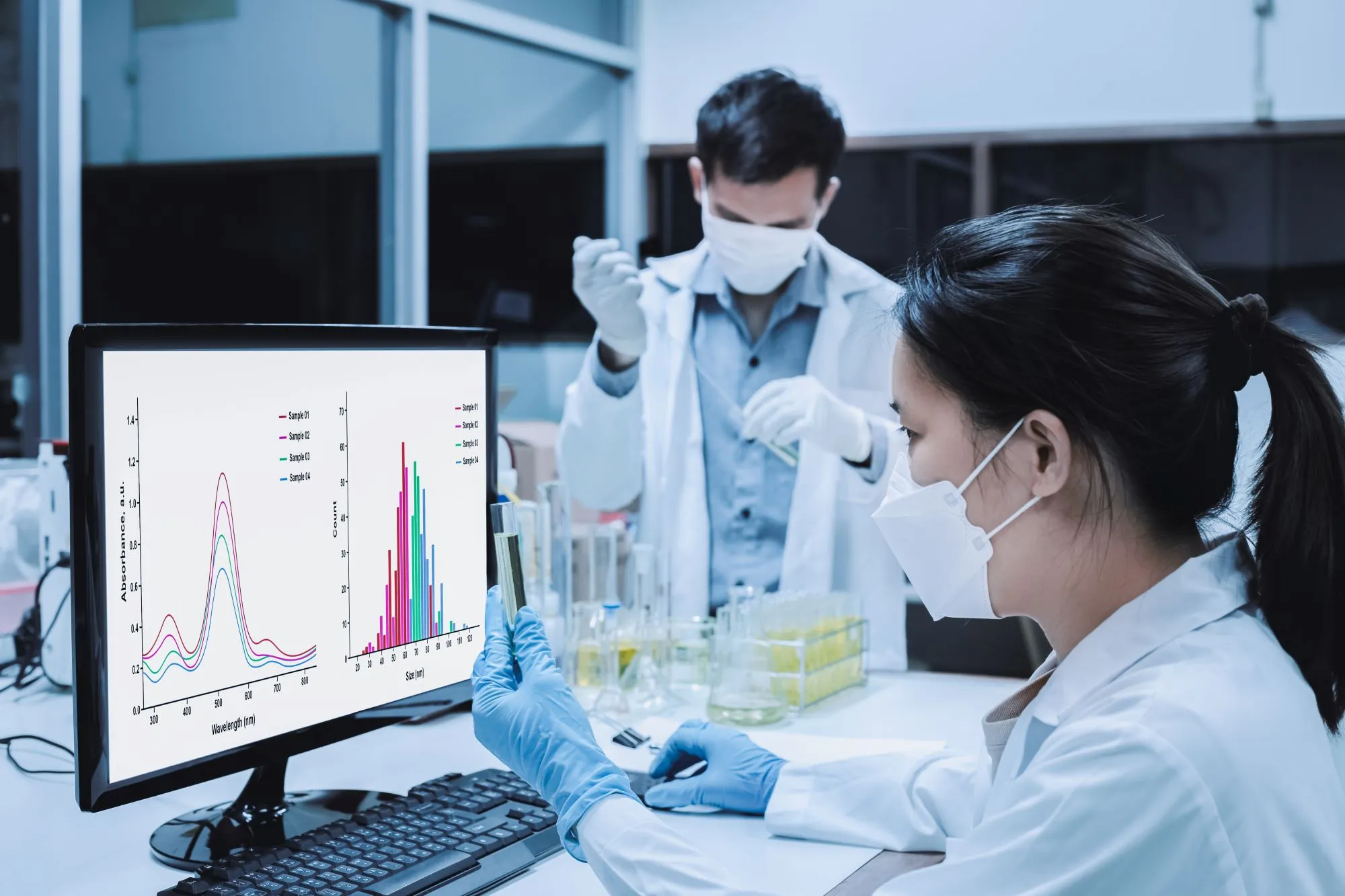
In vitro testing offers several advantages in drug development, including:
Cost-effectiveness: In vitro tests are generally less expensive than in vivo studies involving animal testing or clinical trials. This can significantly reduce the overall cost of drug development.
Time efficiency: In vitro assays can often be conducted more quickly than in vivo studies, allowing for faster screening of drug candidates and the optimization of lead compounds.
Control over experimental conditions: In vitro testing allows researchers to control environmental variables, such as temperature, pH, and concentration of reagents, which can lead to more consistent and reproducible results.
Ethical considerations: Using in vitro methods can reduce the need for animal testing, addressing ethical concerns associated with animal research. This is increasingly important in regulatory and public perception contexts.
Mechanistic insights: In vitro tests can help elucidate the mechanisms of action, toxicity, and pharmacokinetics of drug candidates, providing valuable information for drug optimization.
High-throughput screening: In vitro methods can be designed for high-throughput screening, enabling the simultaneous testing of thousands of compounds to identify potential drug candidates efficiently.
Predictive modelling: In vitro assays can be used in conjunction with computational models to predict drug behavior in vivo, enhancing the ability to select the most promising drug candidates for further development.
Early-stage screening: In vitro tests are ideal for early-stage drug discovery, allowing for the rapid assessment of a large number of compounds before committing to more costly in vivo studies.
While there are many advantages to in vitro testing including precise control over experimental conditions, speed, and reduced ethical concerns linked with live testing on animals, it is not without limitations.
Since these tests are done outside the living organism, they may not fully replicate the complex interactions that occur within the body. Thus, results must often be corroborated with in vivo testing to confirm findings in a living system.
Overall, in vitro testing can streamline the drug development process, making it more efficient, ethical, and focused on generating relevant data for human health.
Pion offers many in vitro testing systems for drug developers that help bridge the gap between in vitro testing and in vivo drug performance. Some of these include our flux systems which provide a model for assessing membrane permeability, our subcutaneous injection site simulator that monitors what happens to a formulation when injected into a simulated subcutaneous space, our Rainbow fiber-optic probe-based UV-vis system that allows measurement of concentration in real-time directly in dissolution or flux vessels, and our Predictor software that can use flux data to make predictions about fraction of drug absorbed (FA%) into systemic circulation and further assign an estimate of the rate-limiting step to drug absorption, be it permeability, dissolution or solubility.
Contact us today to learn more.

